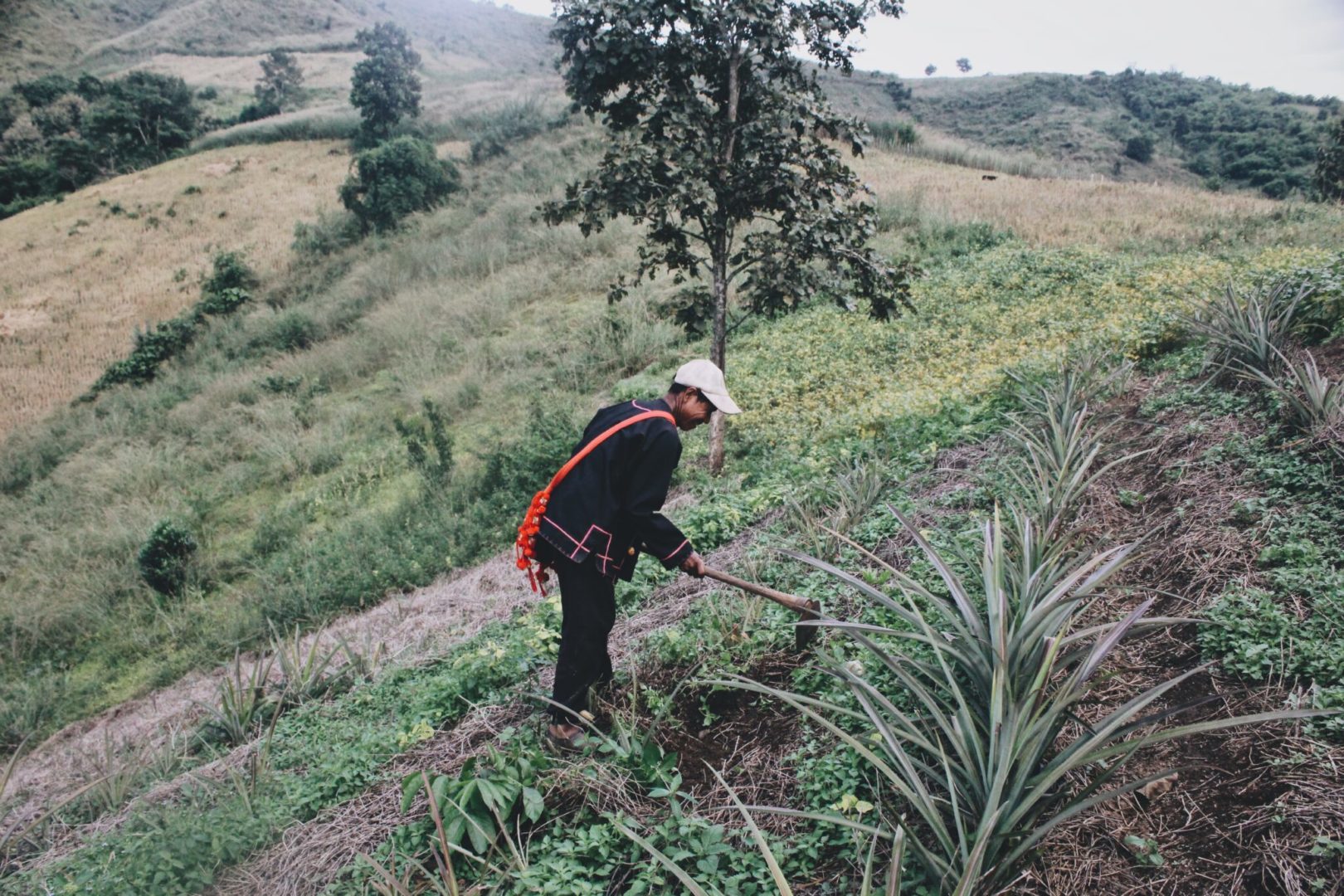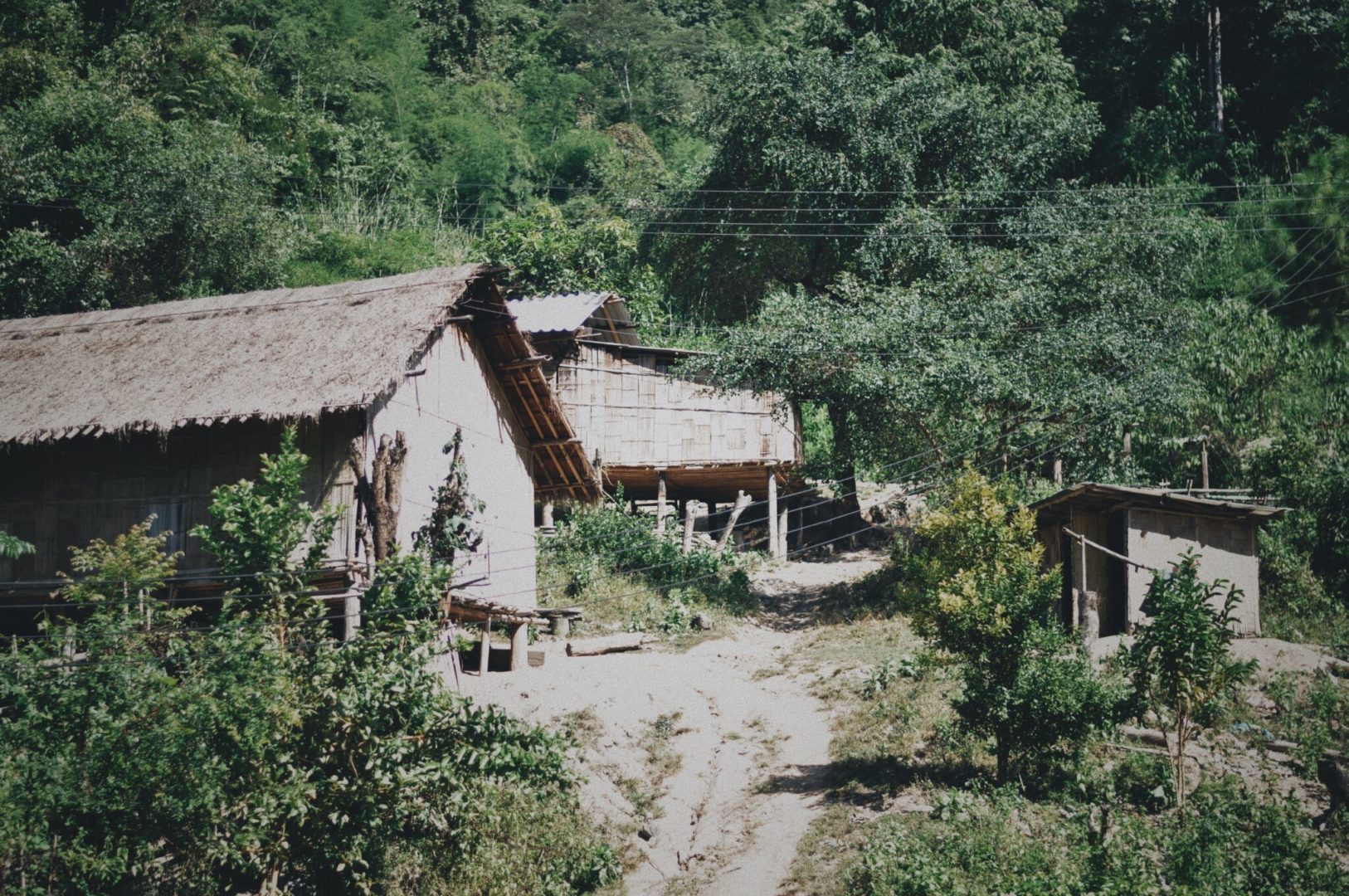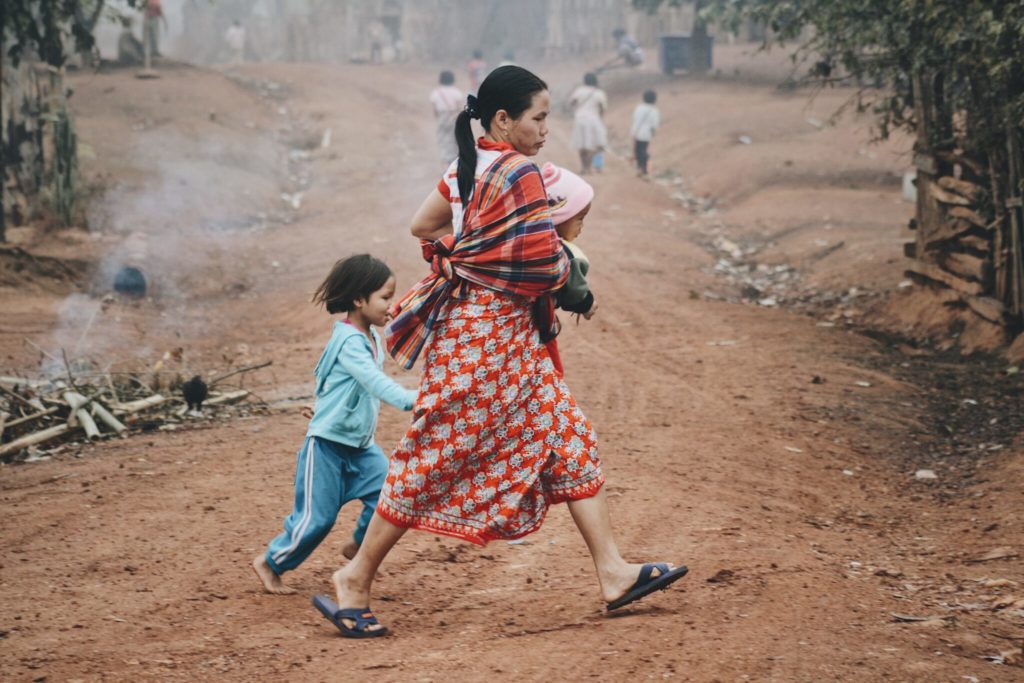There’s a surprisingly strong link between these two major issues
There are more slaves living right now than at any other point in human history. Around 30 million people are caught up by exploitation that values profit over human life. Human trafficking and exploitation comprise a multi-billion dollar industry.
Awareness of the issue has grown significantly over the past few years. However, there still remains a big need to work against the trafficking of individuals and other forms of slavery. The process of eliminating modern day slavery is complex. It requires everything from improved government strategies to economic empowerment to systems of rescue.
We consider organizations like The Freedom Story and International Justice Mission partners and collaborators in pursuing justice. We are all seeking an end to injustice, whether it comes in the form of human rights abuse or environmental injustice.
What often catches people by surprise, however, is the strong link between environmental issues and challenges like human trafficking. On the surface they might both seem like two separate problems we need to address urgently.
As we examine root causes, we discover that these two issues are much more linked than people realize.

Some communities rely on agriculture for a living
These efforts go hand-in-hand
Lucy McCray works for The Freedom Story in Northern Thailand. Her work seeks to build resilience and prevent human trafficking. She aims to do this before it even starts in communities that have been historically vulnerable to trafficking. These are roughly in the same areas where Plant With Purpose’s work in Thailand is based.
These communities are largely rural, and rely on agriculture for a living. They largely comprise of refugees and ethnic minorities. There are limited opportunities to earn a living in the area. Families are then easily targeted by traffickers or other forms of exploitation. Traffickers target women and children especially.
We asked Lucy if she saw any connection between the environment here and the problem of trafficking. She affirmed that they were deeply connected.
“What it really is is that poverty is the root cause of trafficking and the root cause of what makes people vulnerable,” she explains. “We talk a lot about poverty being the trafficker of people, because when you’re in poverty, you just don’t have as many options and you’re desperately seeking financial stability for you and your family.”
“And for communities that are more rurally based, parents are working in agriculture, the whole family is dependent on agriculture income, which is low to begin with, and then the income just isn’t the same throughout the year.”

Poverty is the root cause of trafficking
Prevention is a necessary response
“They get vulnerable to trafficking or to trying to find a job in a big city where they perceive more opportunities,” says Lucy. Trafficking and exploitation are most likely during a time when desperation is at its highest.
“People don’t have as much knowledge about environmental protection as we do in other countries. In order to make as much money as they can, there’s a high rate of chemical pesticide use,” adds Lucy. “That ends up detrimental to the land and to people’s health.”
“You have this trifecta of potentially increasing a household’s debt, environmental issues that impact the land, and health problems that keep people stuck in this cycle of poverty that is so hard to break out of,” she expands. As situations get desperate, people look for added income in places that are often dangerous.
The best way to bring down human trafficking is to prevent further cases of it from happening. One of the best ways to do this is reducing the factors that heavily link vulnerability to exploitation.
Lucy and her team at The Freedom Story seek to do this by creating opportunities through education and awareness workshops. Plant With Purpose seeks this as well, through empowering rural farming populations with healthier farm yields and other opportunities to grow out of poverty. We consider each other as allies towards justice.
Plant With Purpose exists to help you support rural populations help fight against environmental injustice. Through focusing on the root causes that tie together a variety of these issues, we see transformation take place at every level. Want to partner up? Sign up to become a Purpose Partner here!

















